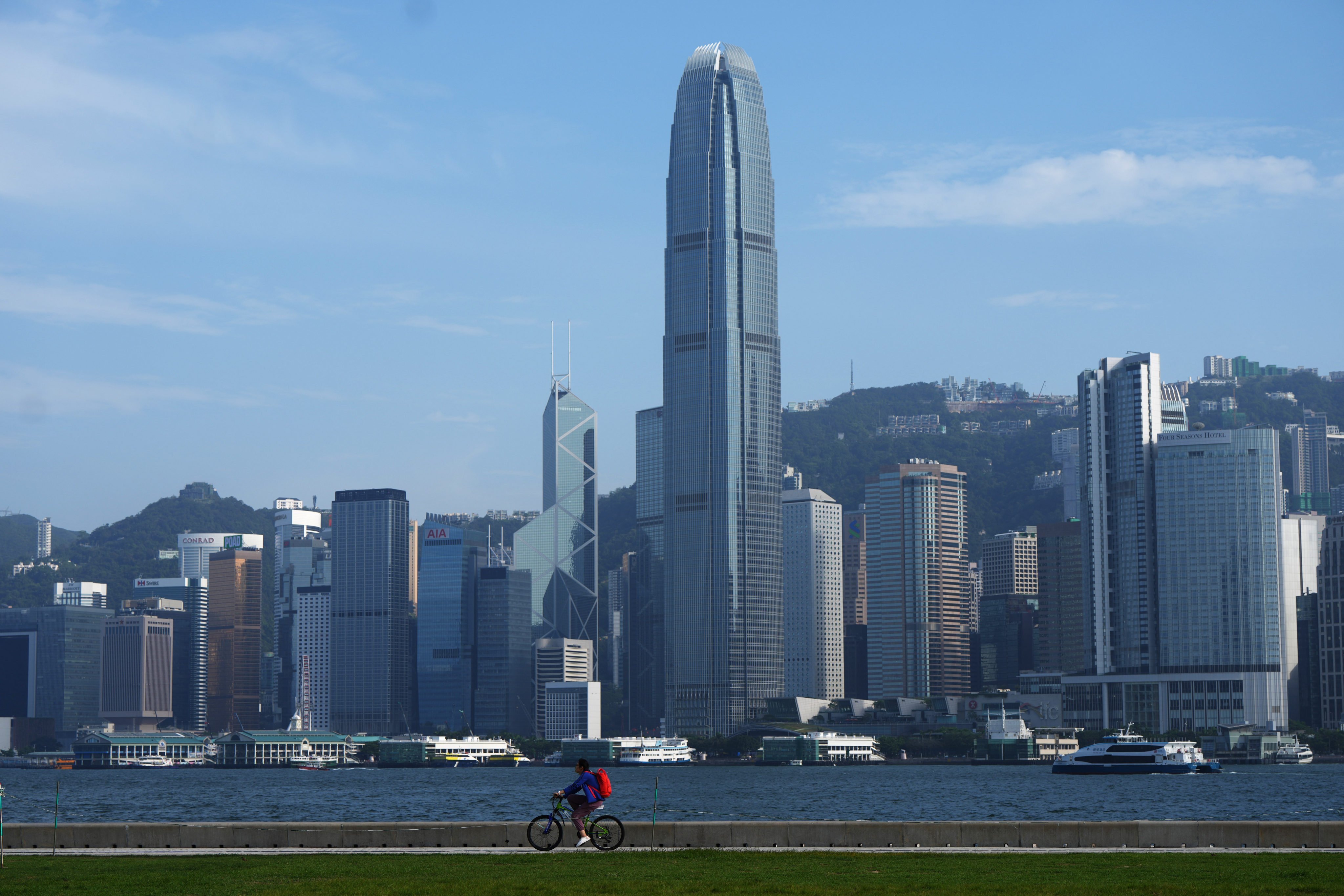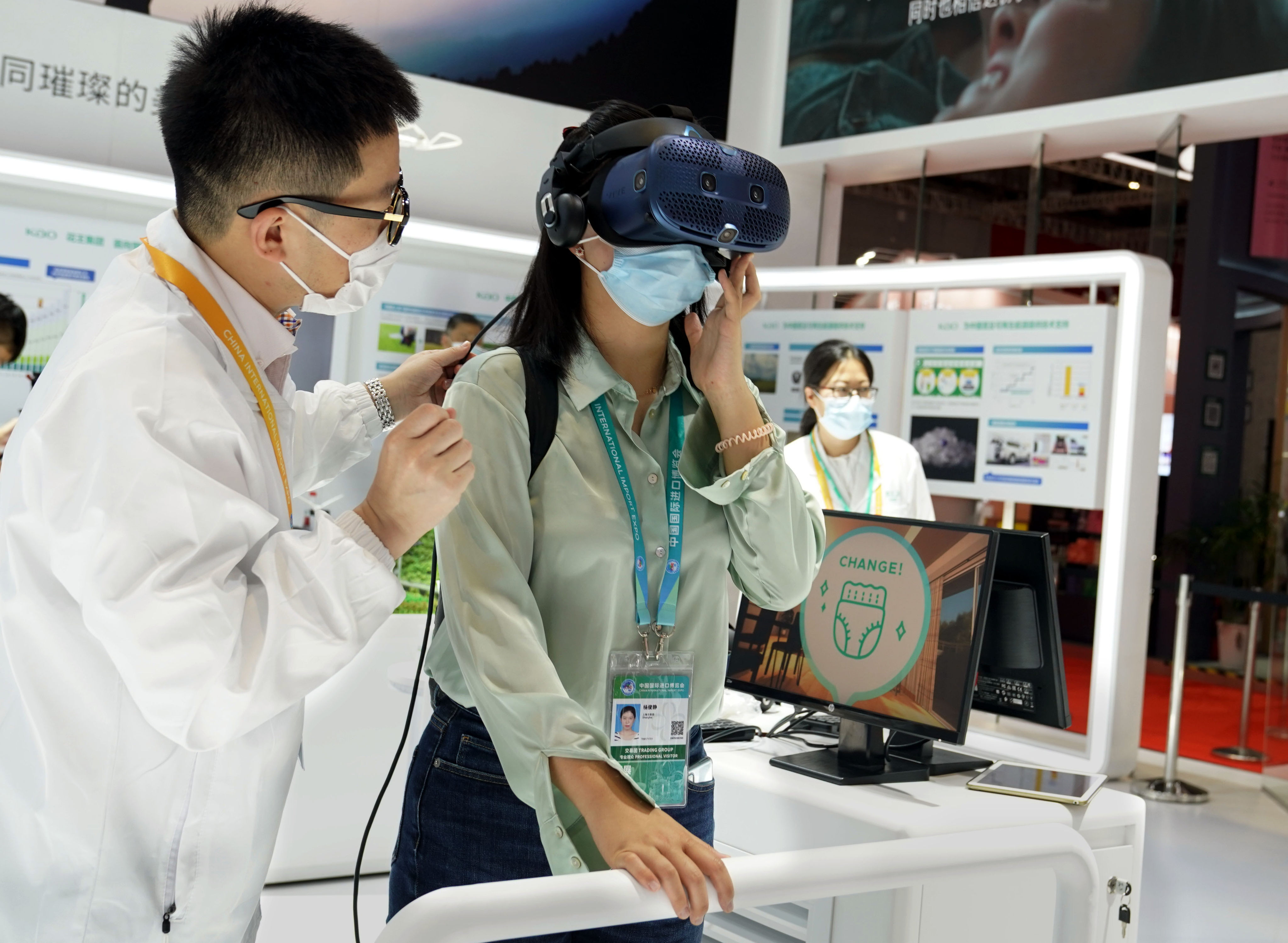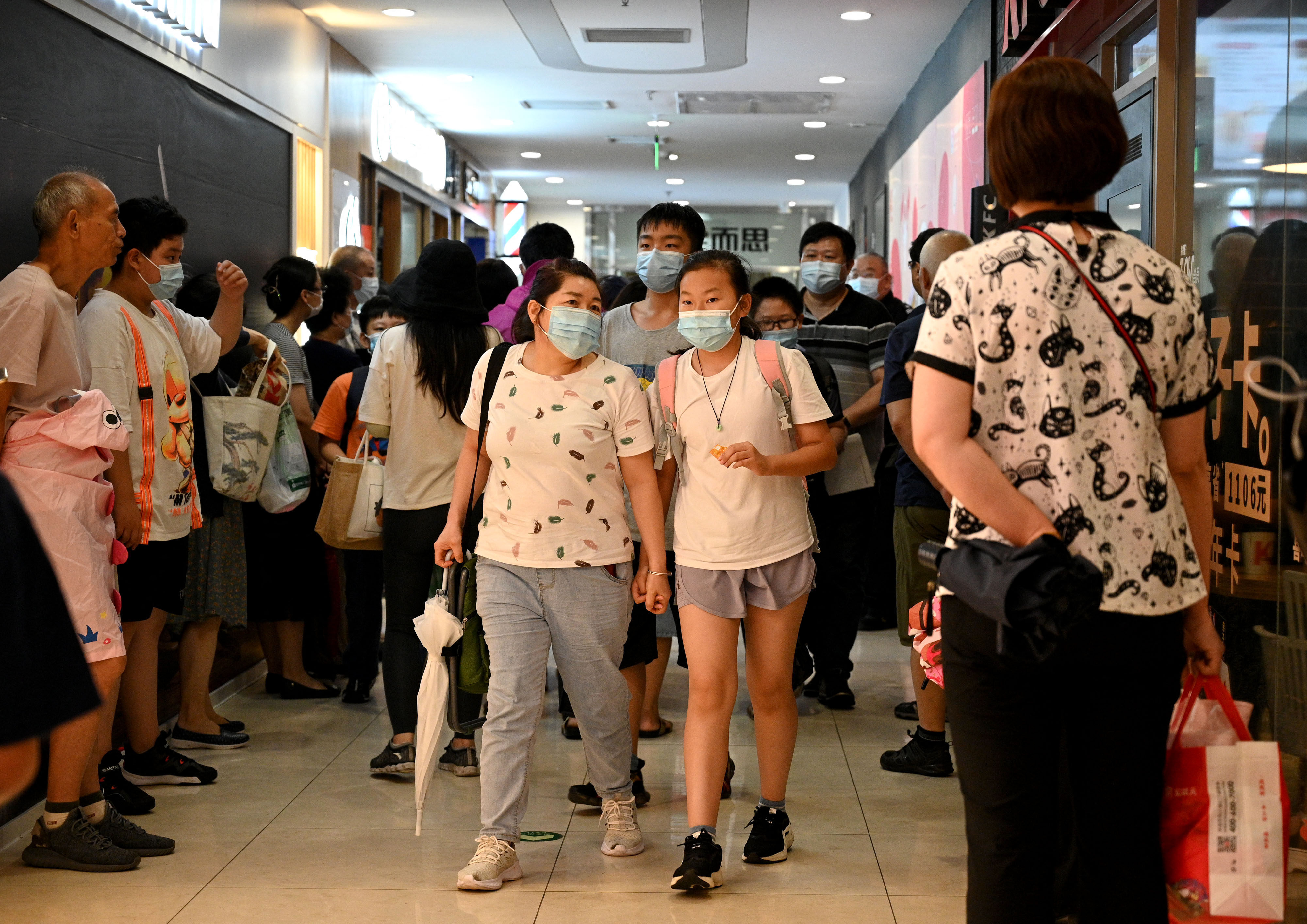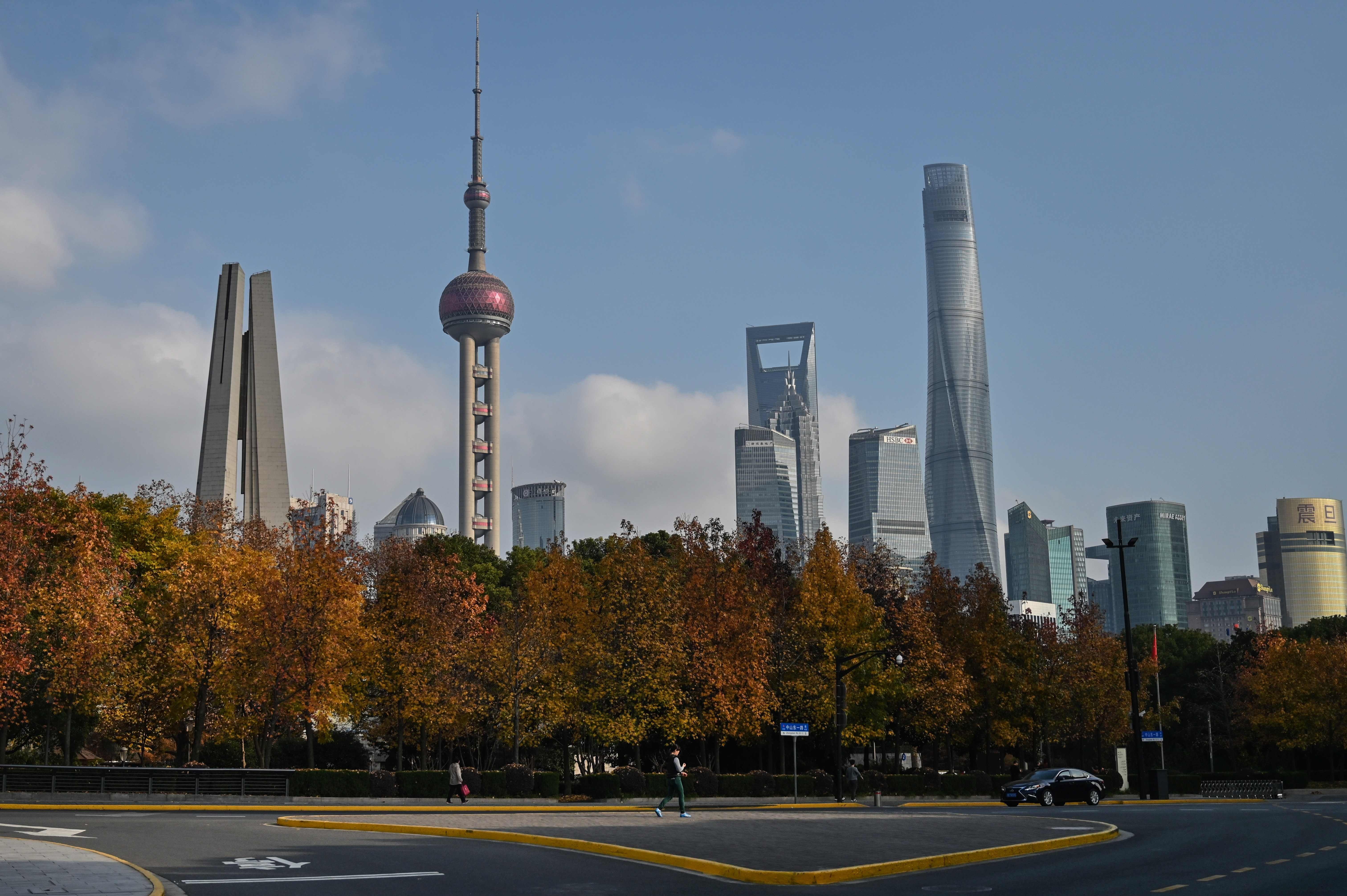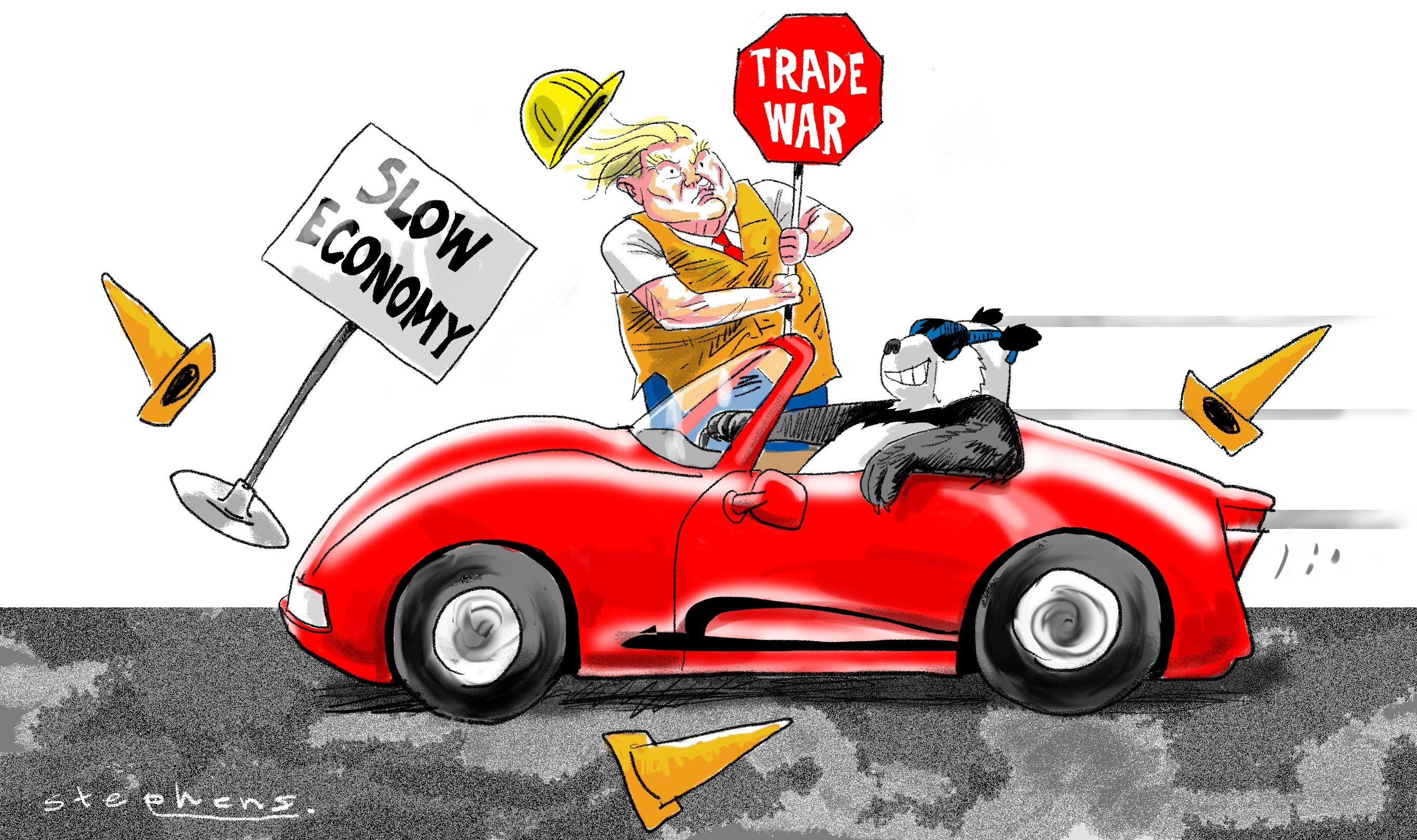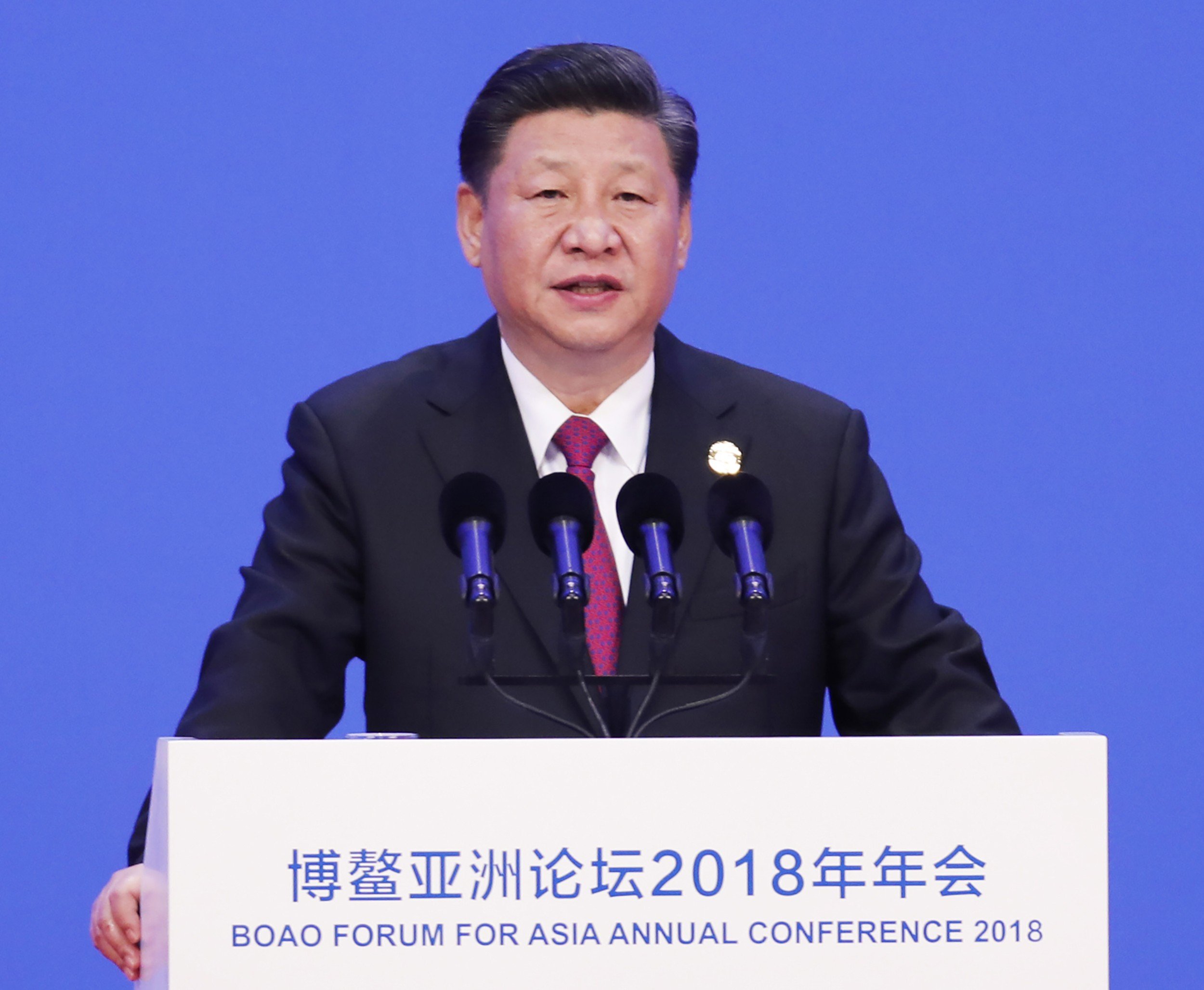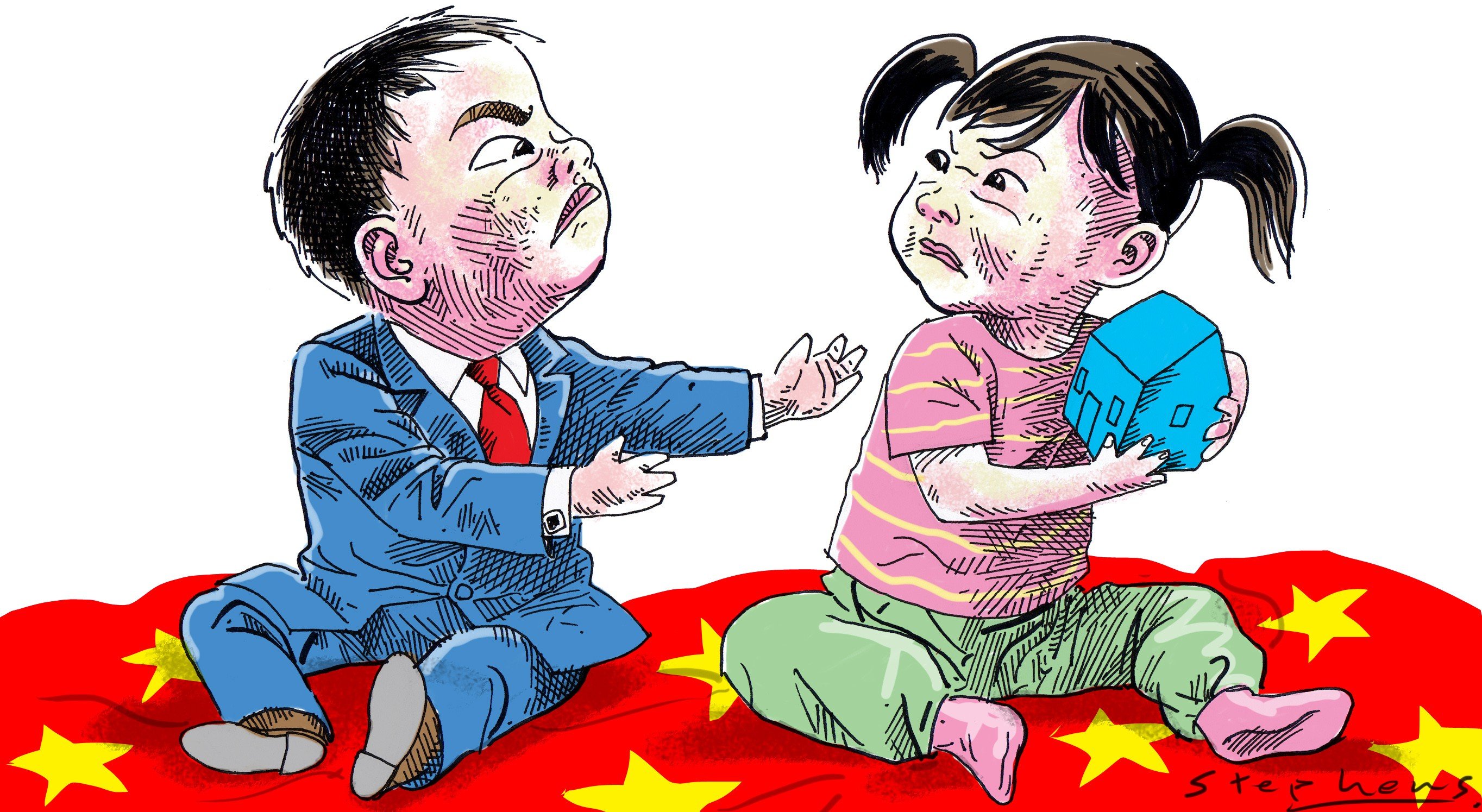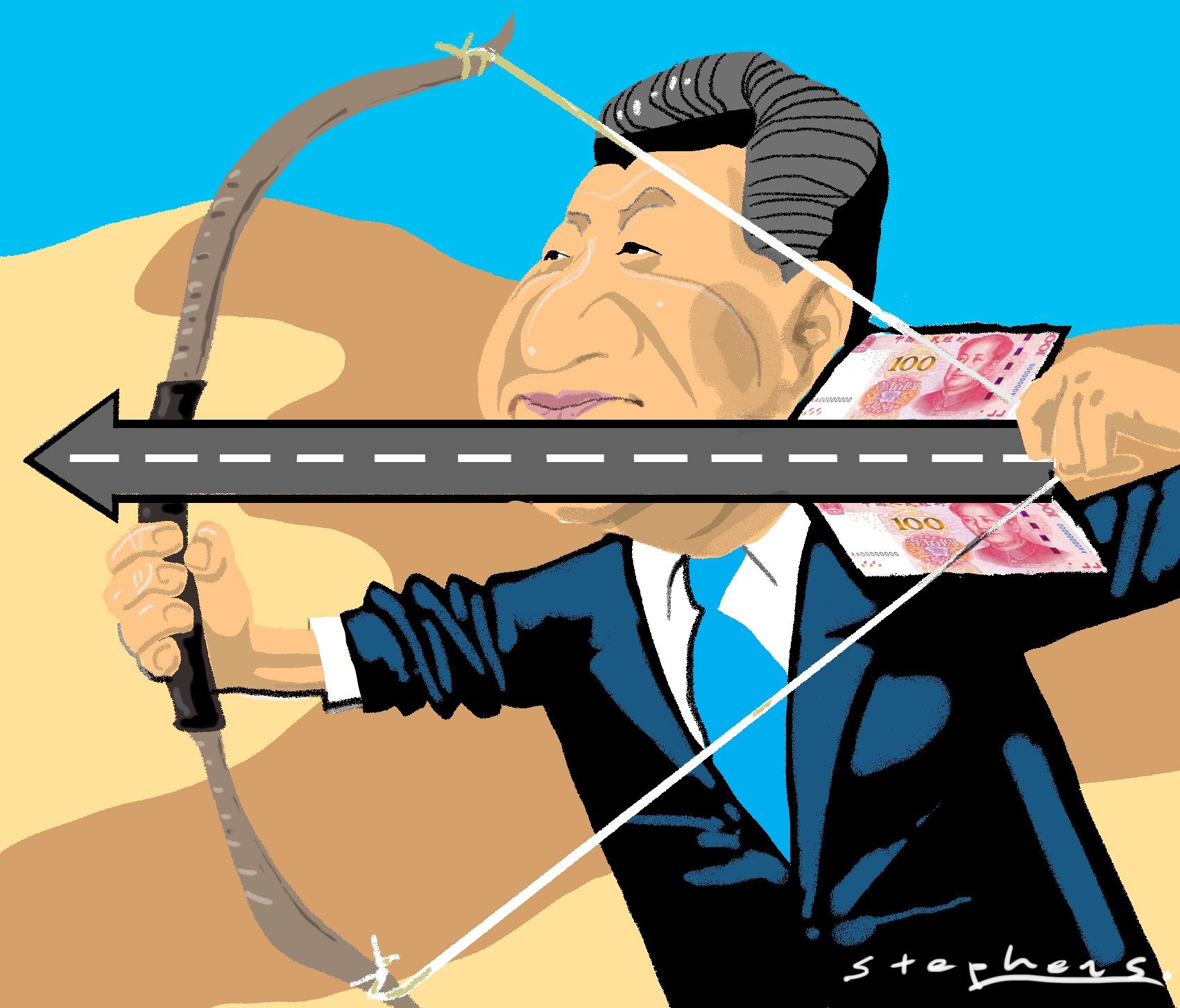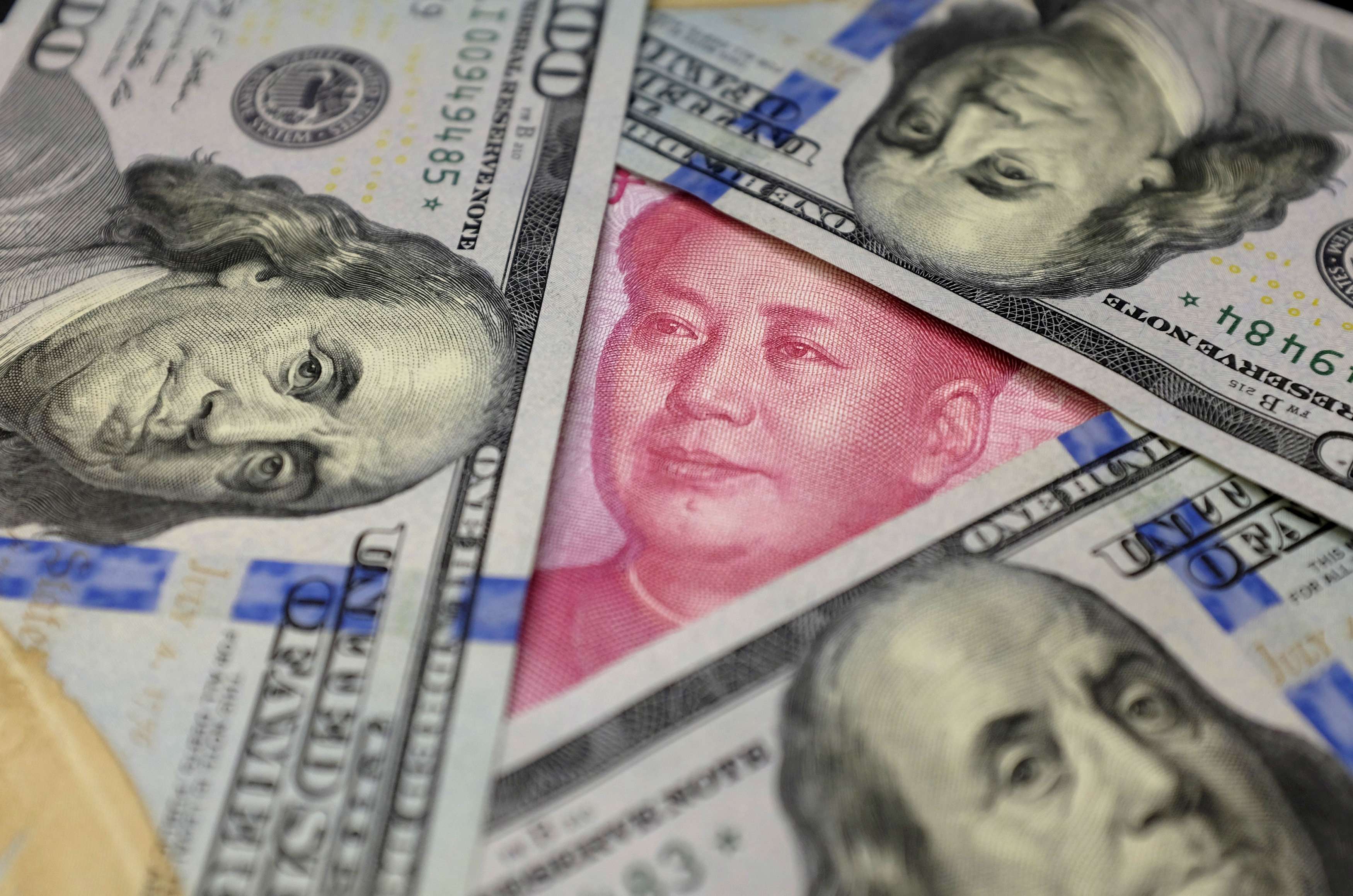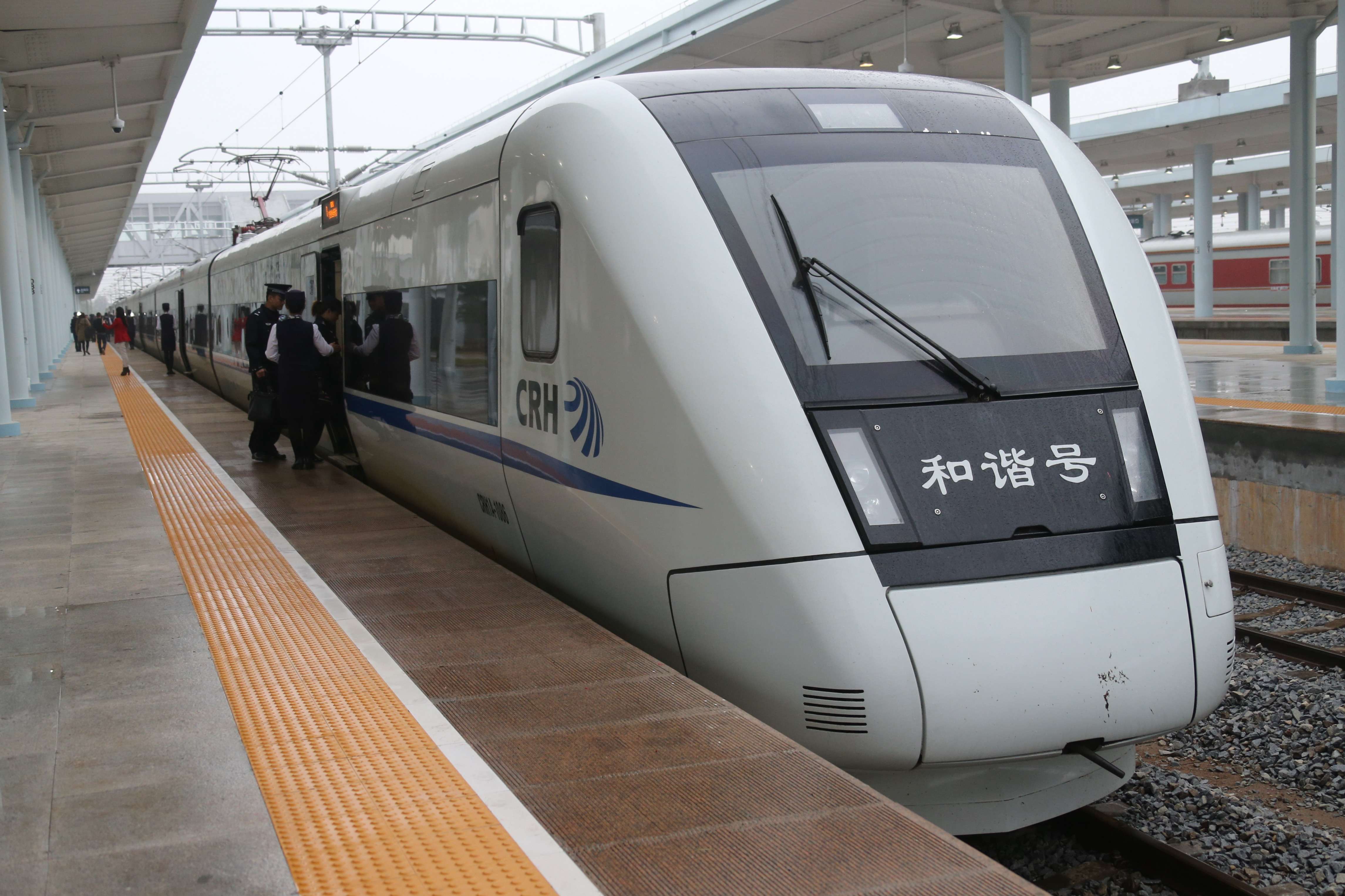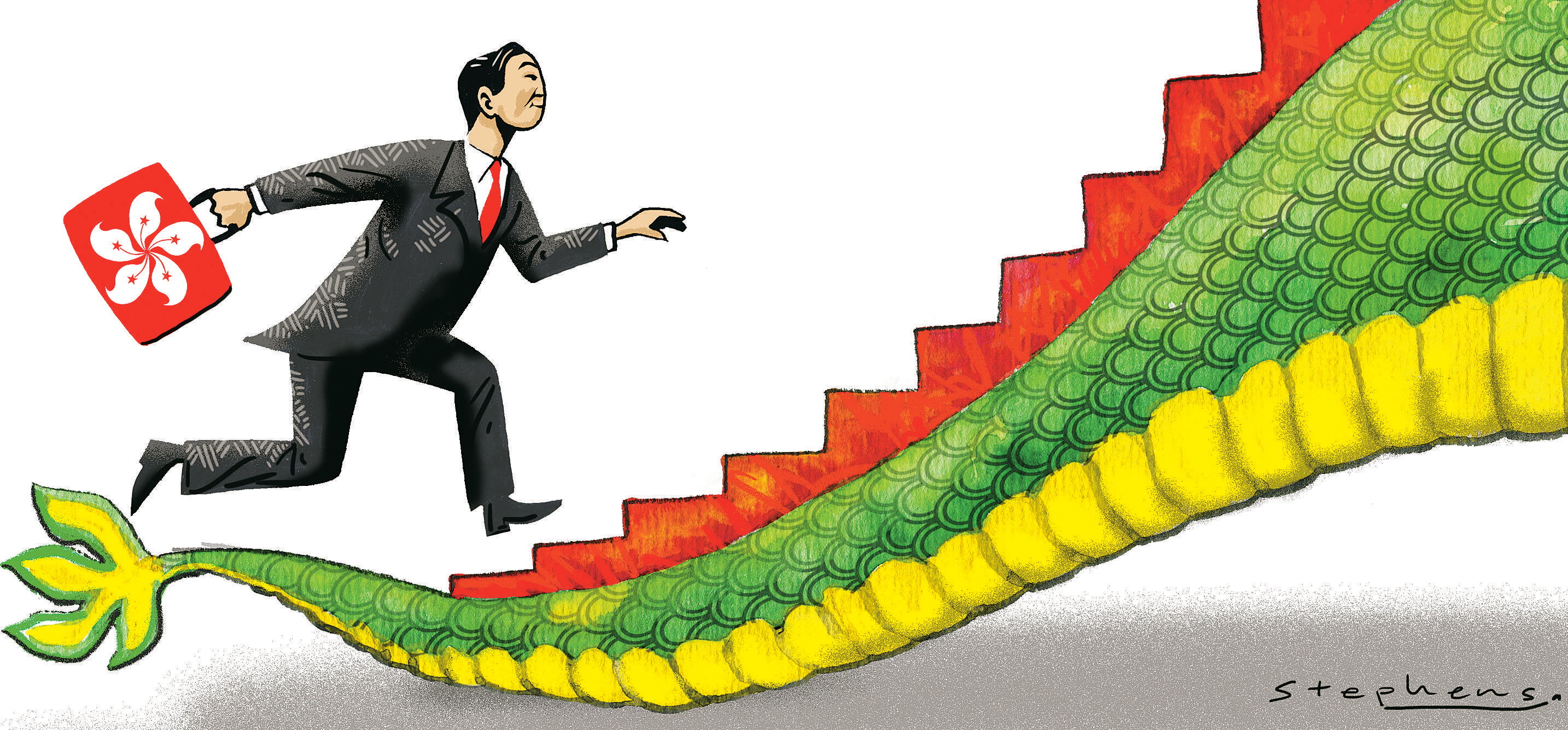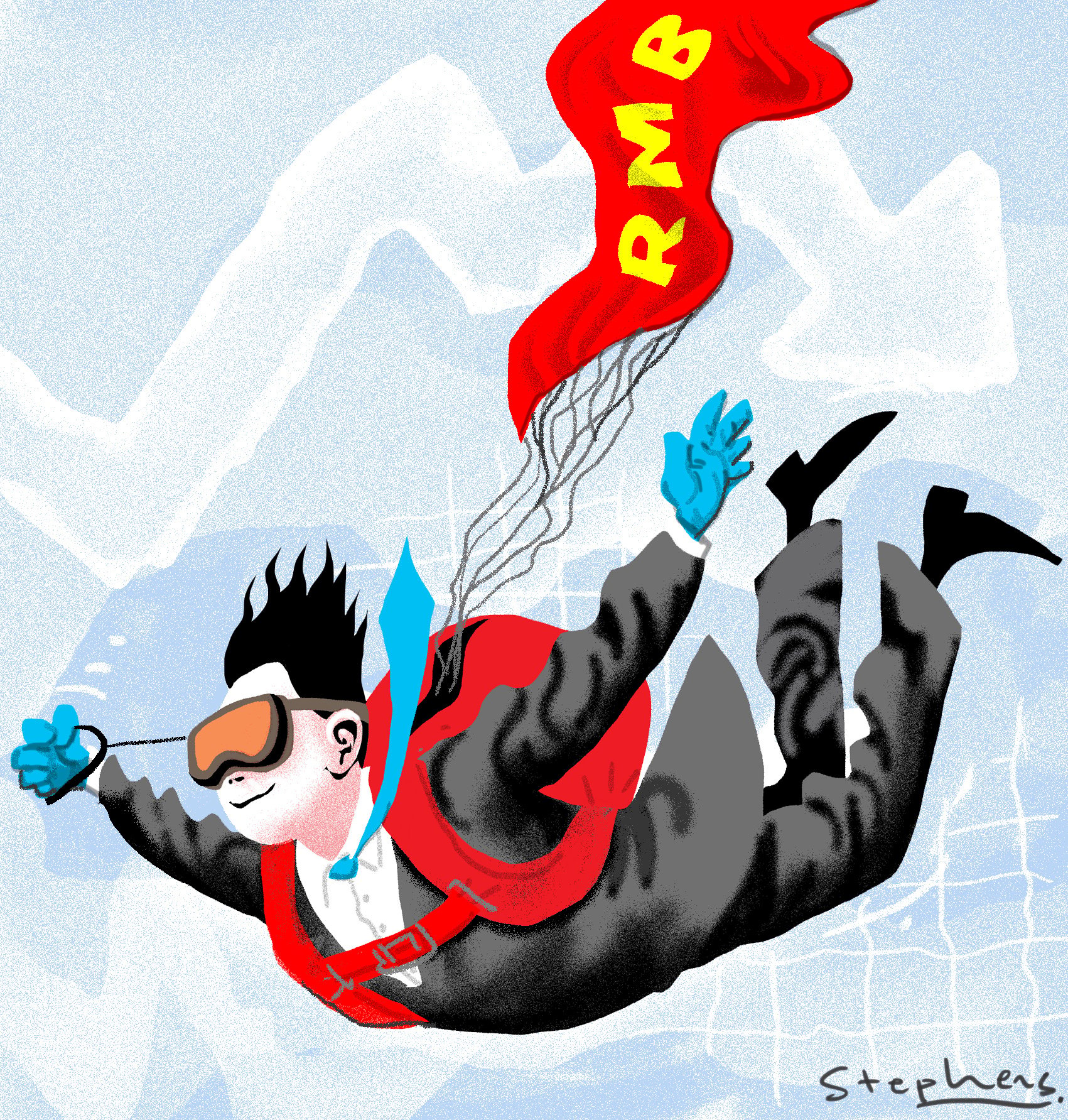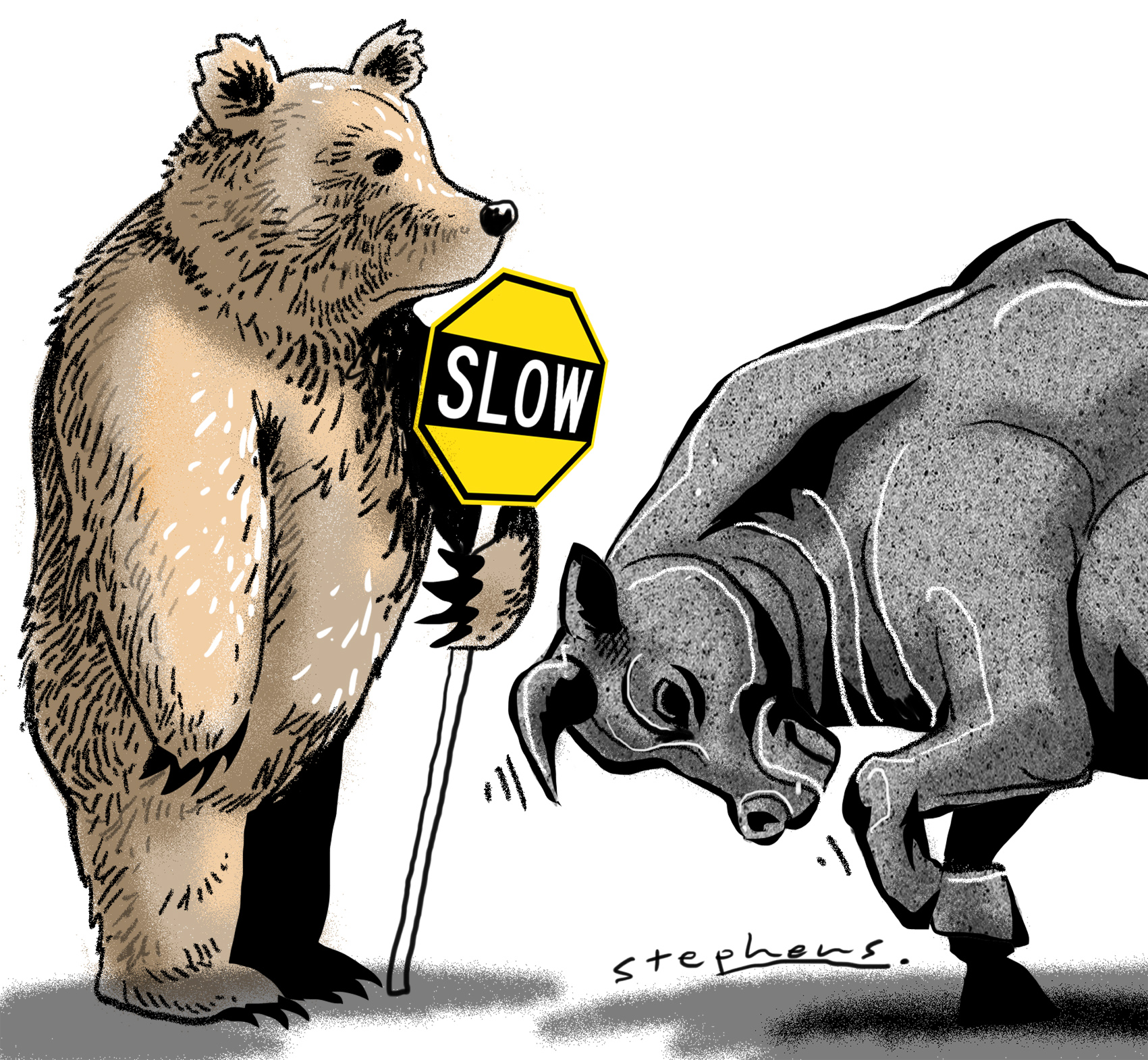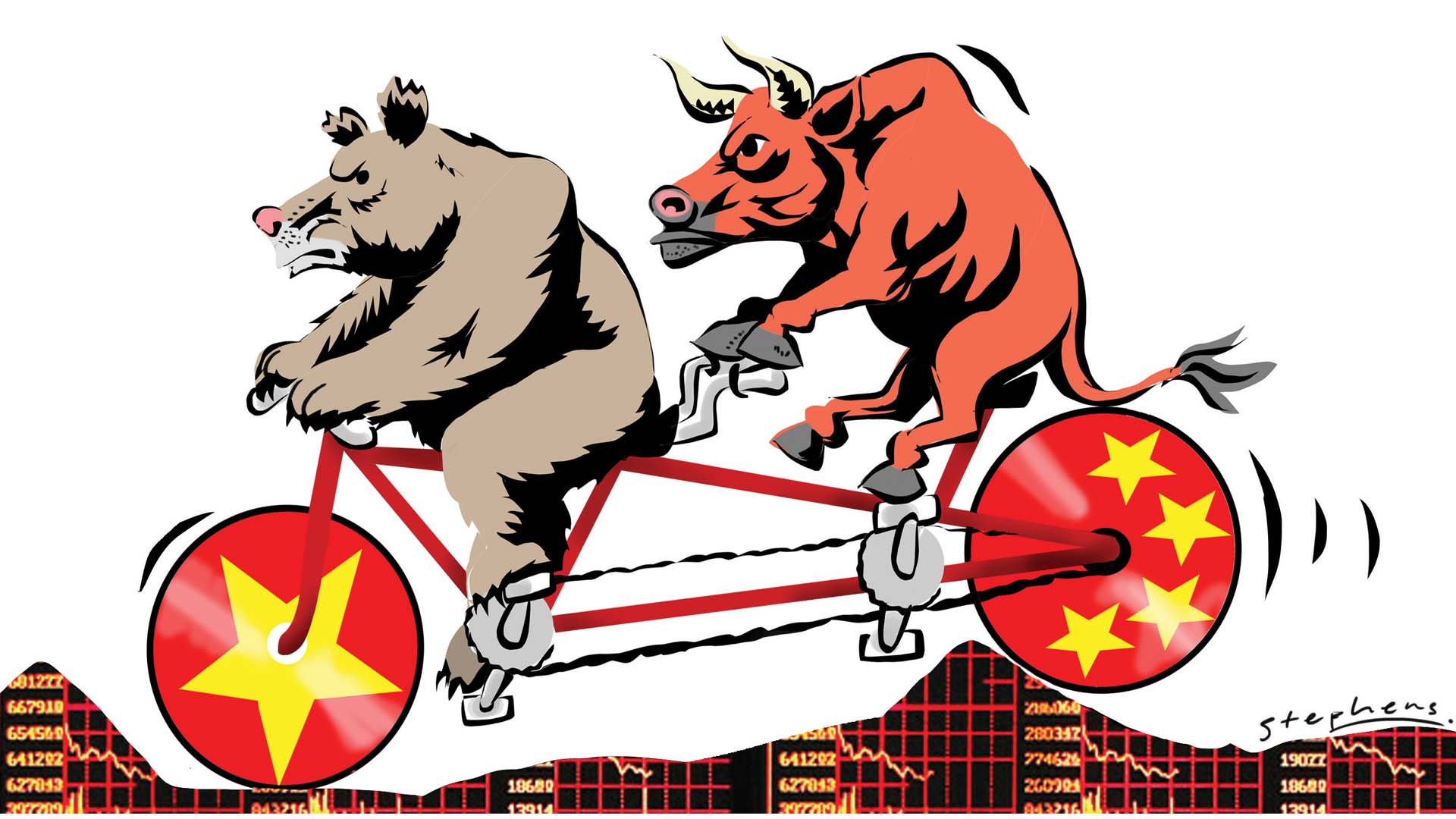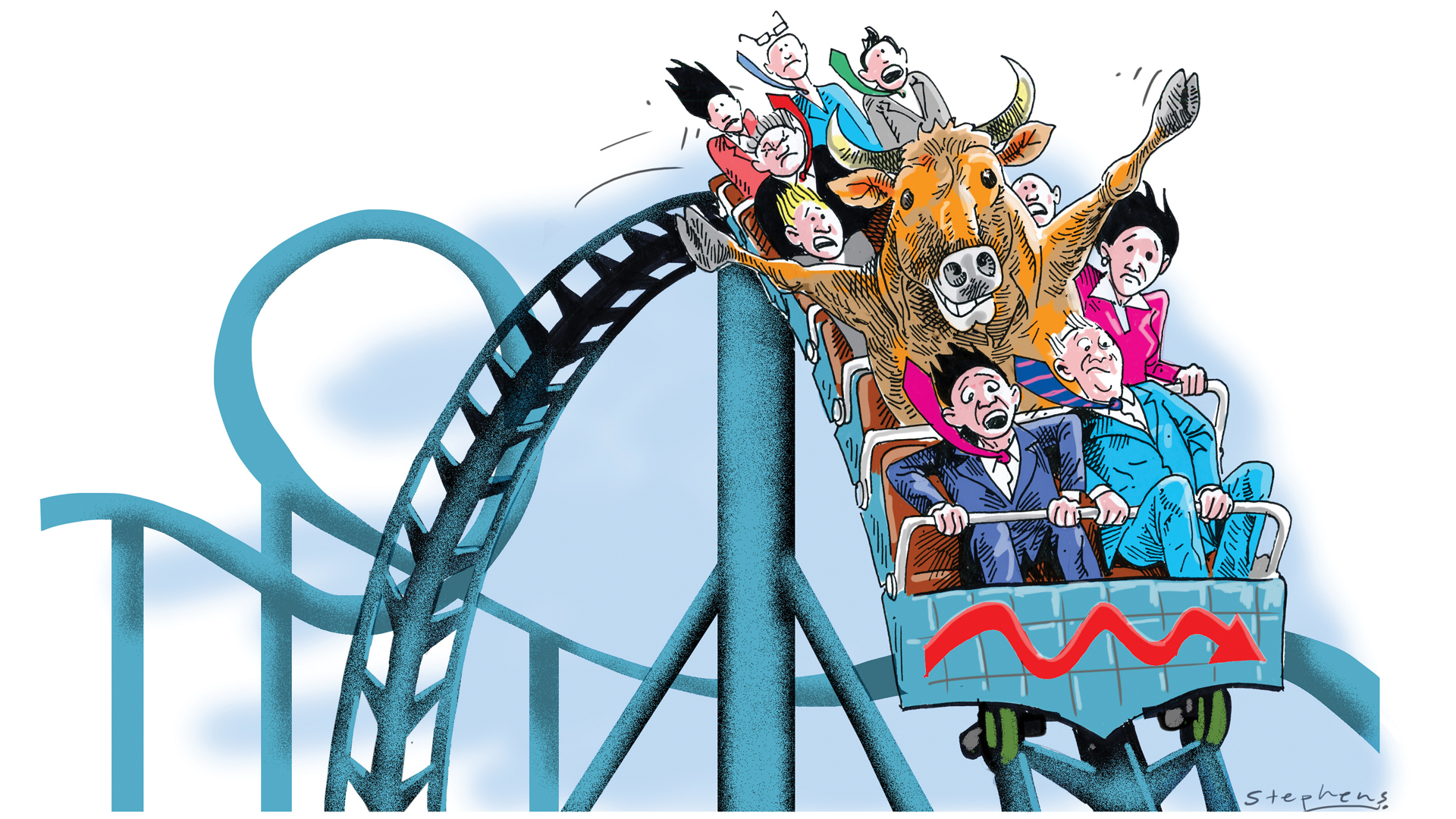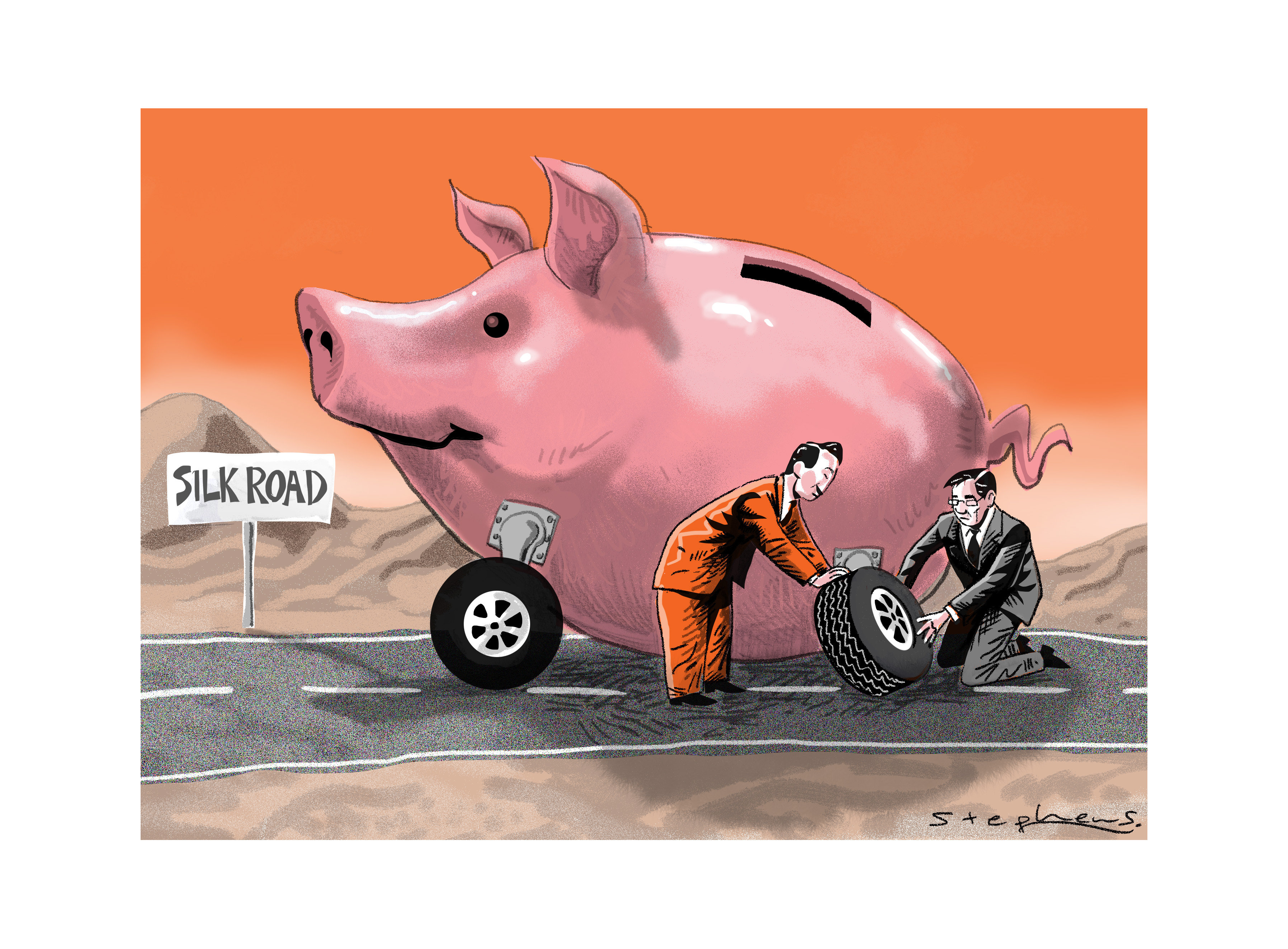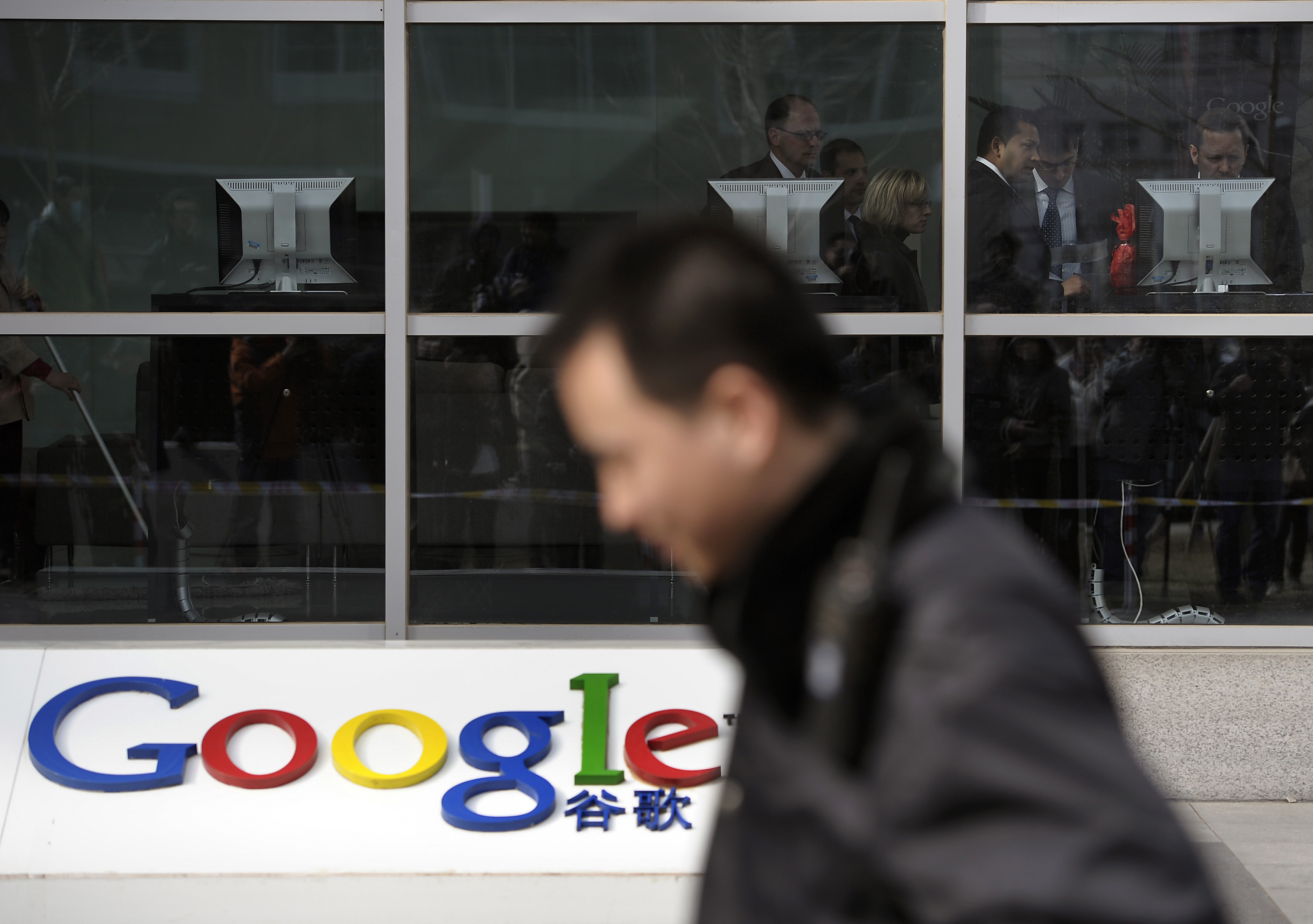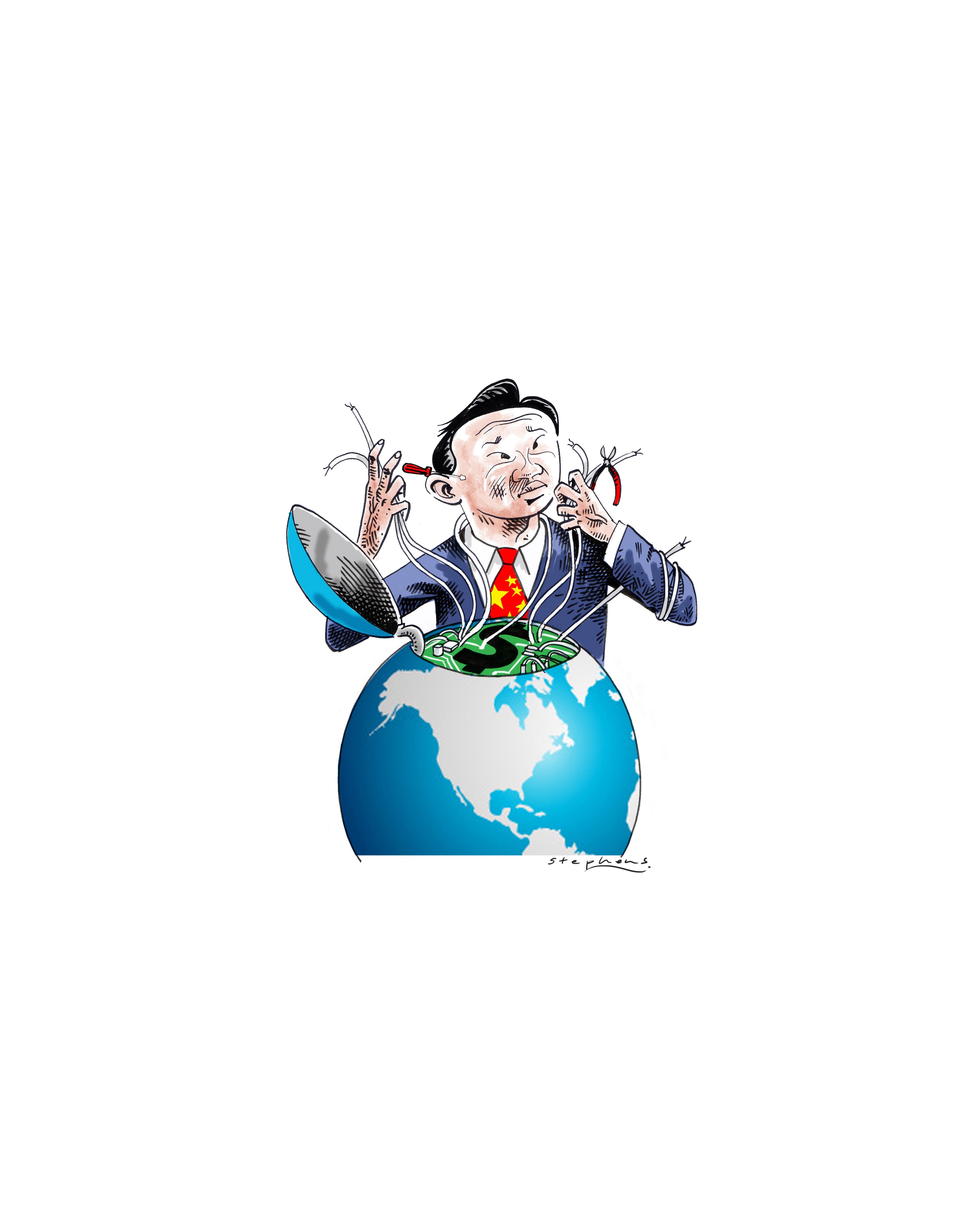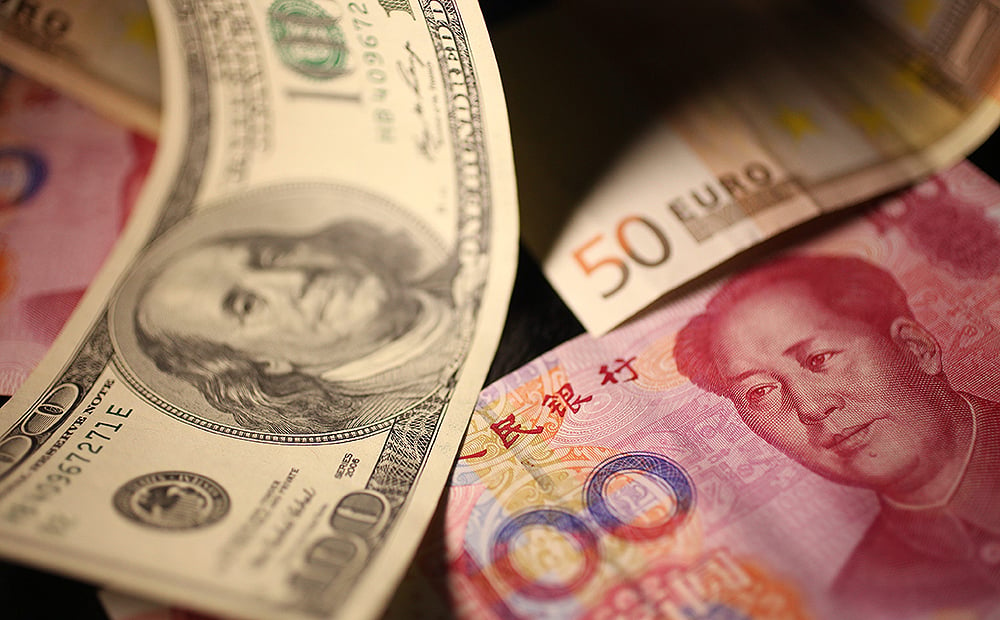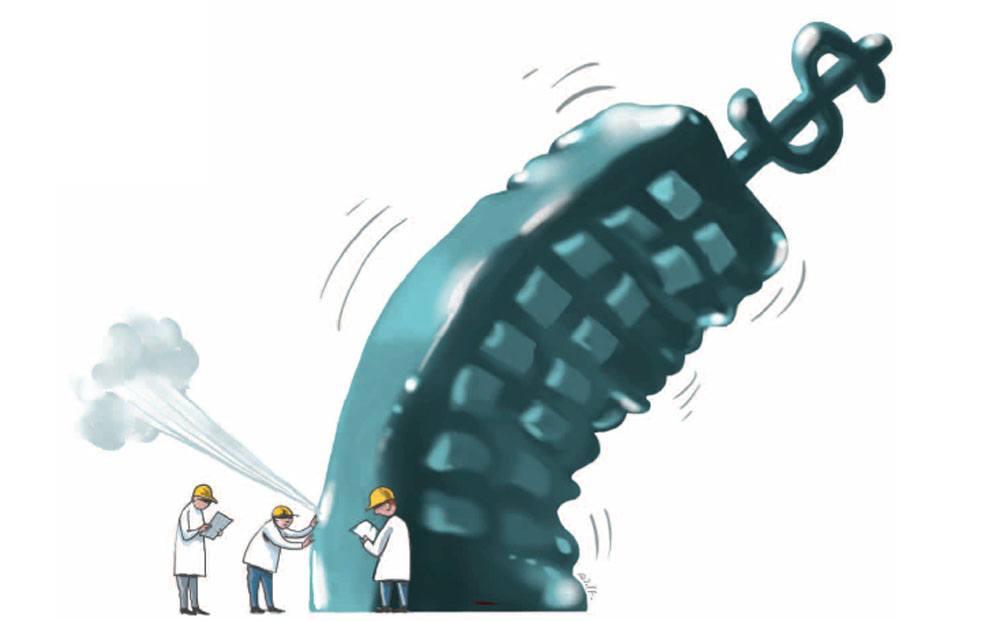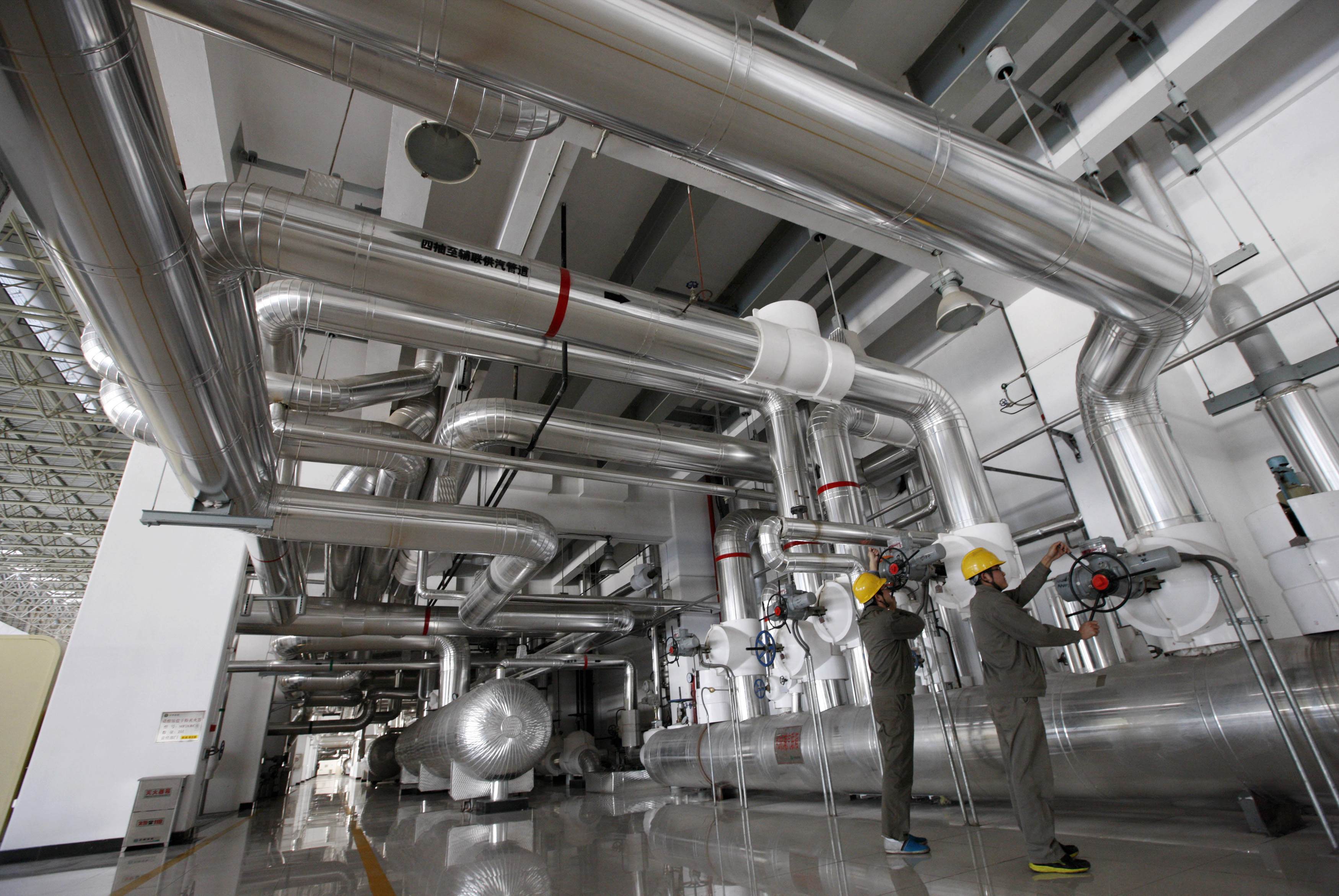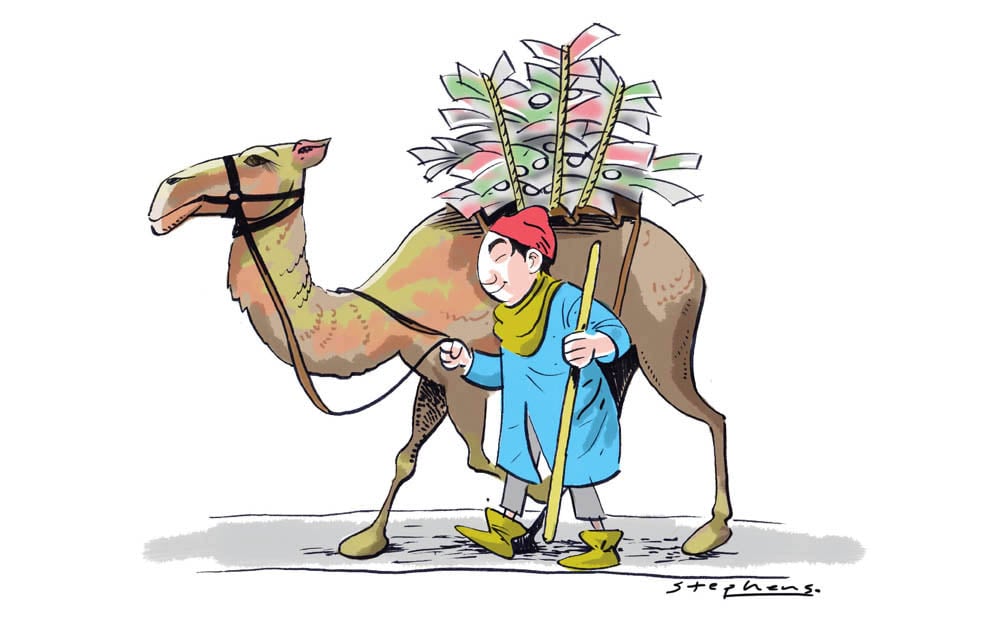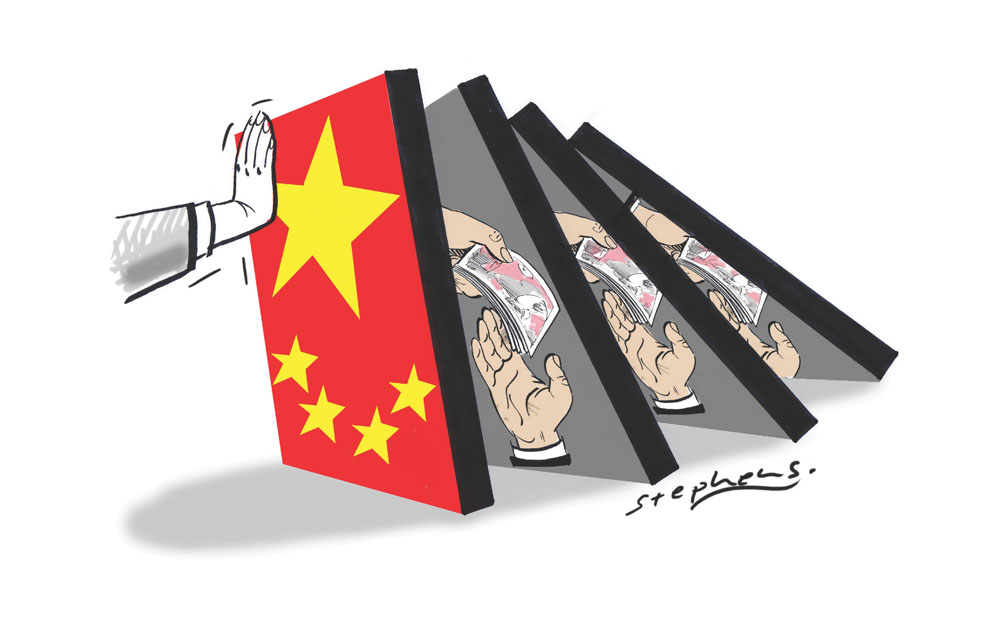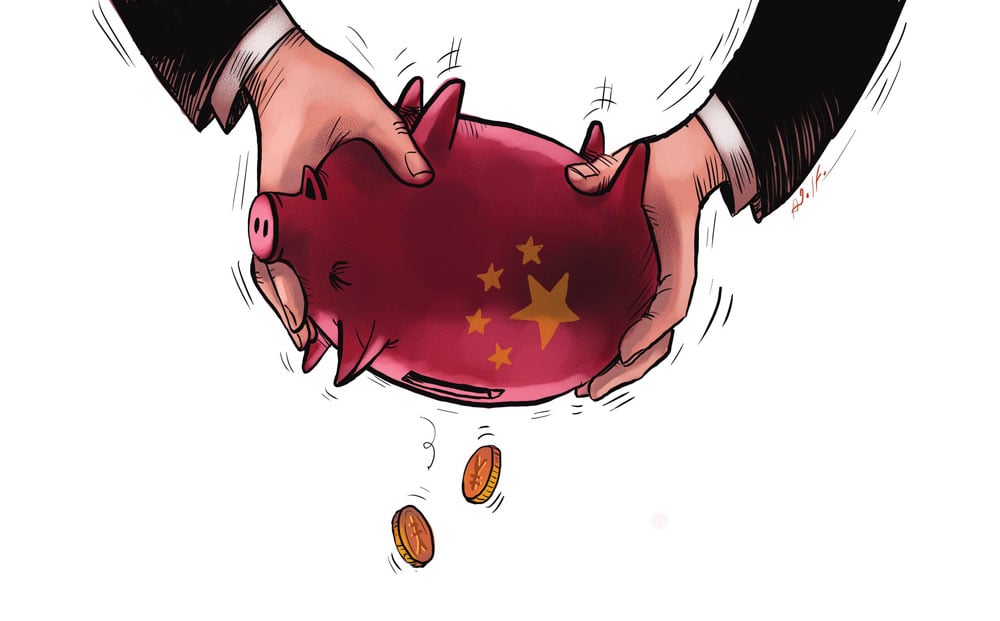Advertisement
Advertisement
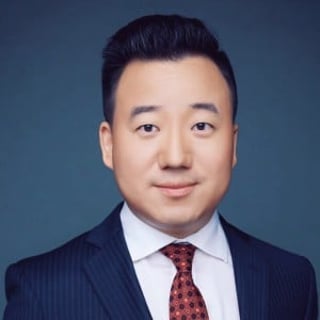
G. Bin Zhao
G. Bin Zhao is founding chairman of the Global CEO Institute, a guest economist at the World Finance Forum and Forbes China Group, a former economist and director of policy at the Accounting and Financial Reporting Council.
While some sectors may be holding back China’s economic recovery, the country’s long-term outlook shows promise.
Beijing’s plan to become a developed economy within the next decade bodes well for Hong Kong’s status as a global financial centre.
Even amid rising geopolitical competition, it’s a question of when – not if – China transforms into an innovation-driven economy. Despite its progress, China needs to improve its ability to transform scientific and technological achievements into products and services.
Beijing’s regulatory moves are sound policy responses to its demographic and economic challenges. Changes in China’s demographic quantity, structure, quality and distribution will continue to direct policy measures and their business implications.
Advertisement
China must not allow its GDP growth rate to fall below 6 per cent, or the economy may be stuck on a low-growth track. Policymakers should step up investments, splash out on needed infrastructure and be generous with both fiscal spending and monetary easing.
China’s reforms have overhauled its economy, urbanised its society and improved living standards. The trade war and slowing GDP growth aside, the country’s fundamentals suggest a strong economic future.
The strengthening of Xi Jinping’s leadership will make further reform and opening possible – by removing the obstacles to change.
A stable property market is in China’s interest is even if GDP is hit in the short term.
A recent Financial Times commentary titled "China: Turning Away From the Dollar" has led to many heated discussions. It is interesting that the Chinese edition of the paper translated the title as "China Will Rewire Global Finance", based on the main theme of the article.
American political risk expert Ian Bremmer recently wrote that the US and Europe had been evasive on the Russian aggression in Ukraine.
There has been much analysis already of President Xi Jinping's vision of the "Chinese dream". One thing has become clear: striving to achieve the dream is a common goal.
Direct conversion between the renminbi and the yen, which began about two years ago, has been an important milestone in the process of internationalising the Chinese currency.
Despite increasingly strict regulations, investment in China's real estate industry, as well as sales totals and prices, still achieved high levels of growth last year.
Five of the Communist Party Central Committee's past seven third plenums have discussed macroeconomic policies relating to reform and opening up, and economic development.
President Xi Jinping has again repeated his desire to create a Silk Road economic belt following a recent visit to Kazakhstan, where he proposed the idea as a way for European and Asian nations to promote closer economic ties.
These days, the phrase "anti-corruption" is perhaps among the most common to be found in the Chinese media, and it echoes through all levels of public discussion. The GlaxoSmithKline bribery scandal has created panic among some multinational executives in China, particularly within the pharmaceutical industry. A number of government officials at various levels, as well as senior managers of state-owned enterprises, have been greatly concerned too, fearful that they might be next in line as top leaders strive to build a corruption-free government.
Each time China's economy faces difficulties, talk of a collapse tends to surface. Some voices are driven by concerns about their investments; some are looking for speculative opportunities; others might just be following the trend, unable to draw their own conclusions.


